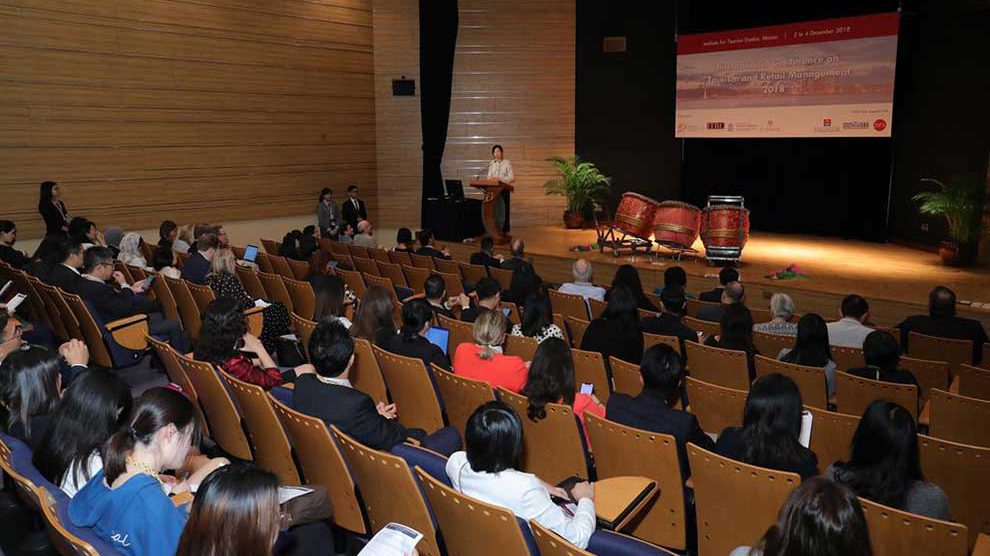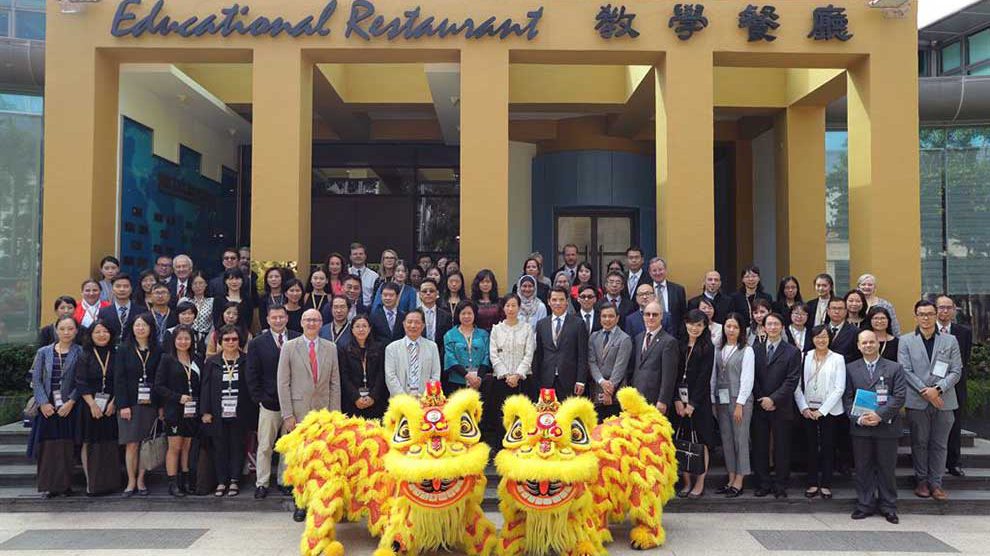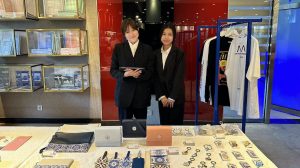IFT hosted in December the first International Conference on Tourism and Retail Management (TRMC2018). The event – themed “Advances in Tourism and Retail Services” – focused on the latest developments in these fields.
Conference Co-chair Dr. Eve Ren says TRMC2018 was a success, with a second TRMC conference scheduled to be held in Nankai University, in Tianjin, Mainland China.
“It really went well,” says Dr. Ren. She is the Coordinator for the IFT Tourism Retail and Marketing Management Bachelor’s Degree Programme.
“The conference attracted very interesting presentations. It is very rare to see delegates paying so much attention to what is being discussed throughout the entire event,” she adds.
TRMC2018 attracted nearly 100 participants, coming from an aggregate of 12 countries and regions. Discussion topics ranged from shopping tourism to the role of social media in consumer decisions.
One of the TRMC2018 keynotes that attracted a lot of attention was delivered by Prof. Mark S. Rosenbaum, from the University of South Carolina in the United States. He discussed the use of customer DNA to produce tailor-made retail products for individual clients, a trend he called “hyper-personalisation”. “Product uniqueness has the potential to propel hyper-personalised products to luxury status,” he noted, showing results of several studies confirming people were willing to pay more for products personalised using their own DNA.
The conference also featured contributions from outside academia. Mr. Johan Pretorius, Managing Director for Macao at luxury retailer DFS, shared with participants some insights on the latest trends in tourism retailing.
“Retail in travel is very different from retail in domestic markets,” he said. “When you are in a domestic market, you are basically dealing with a customer that will come to the same shopping mall week after week and you have to re-engage with that same person; when you deal with a traveller, it is a whole different mindset and dynamic.”
According to Prof. Chen Po-Ju, from Northern Arizona University in the United States, shopping is an “essential part of travellers’ experience”. Prof. Chen – who was also a speaker at TRMC2018 – added during her presentation that shopping tourism already accounted for approximately 40 percent of all luxury retail spending around the globe.
Positive feedback
Dr. Ren says a number of the presentations made during TRMC2018 will now be published in high-profile academic journals. “We had some very good journals sponsoring special issues for the conference,” she explains.
Prof. Arch G. Woodside, from Coastal Carolina University in the United States, was one of the international academic experts in marketing attending the event. “It was great,” he says. “There were a lot of leading-edge speakers from several countries.”
Prof. Woodside is widely considered one of the top scholars in the world in his field. He was a speaker at TRMC2018 and also conducted a workshop on modern research and analysis techniques as part of the side events associated with the conference.
The scholar was positively impressed by IFT after attending TRMC2018. “I was surprised by how well connected the Institute is globally,” Prof. Woodside says.
The International Conference on Tourism and Retail Management was jointly organised by IFT, the College of Hospitality, Retail and Sport Management from the University of South Carolina, and Nankai University. The event featured a post-conference tour allowing participants an opportunity to visit some of the largest shopping malls in the city and to meet industry representatives in order to discuss luxury tourism retailing and mall development in Macao.
The hosting of international conferences is part of a wider effort by IFT to become a key locale for specialised international academic activities on tourism and hospitality.
To organise such conferences, IFT makes extensive use of its global network of partners. The Institute has links with more than 100 universities and tourism organisations across more than 30 countries and regions.










